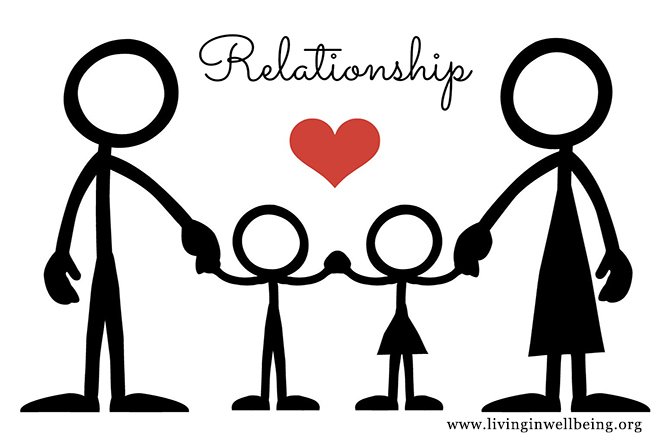
A health problem in the life of your aging parents or other close relatives is a stressful situation for all concerned and it can make or break a family. If there are accusations all round then inter-personal relationships can get pulled at the seams, on the other hand, ideally, a crisis properly dealt with will ensure that the family gets together to support the ailing elder which as any family will tell you is no easy job. Disagreements will need have to be tackled diplomatically and workloads have to be shared without doing injustice to anyone. A counselor may be consulted if discussions are getting out of hand or there are complex issues involved.
Family care giving is an increasing phenomenon as the aging population grows. In the US one in four families cares for the sick, disabled and persons over 50 years of age. Care giving is a complex network of the entire family including the primary caregiver. Here there is emotional support and security in the knowledge that there is someone behind you to look after your loved ones. A powerful motivator to share care giving responsibilities goes hand in hand with having a sense of what is family.
But it is understood that the whole family gets affected by any changes within the family. A crisis situation calls for all the support you can get and this is particularly difficult if relationships are strained within the family. Caregiving is tough, time-consuming, and can put even the strongest of families under pressure. This leads to a build up of other emotions like guilt, frustration, and resentment among other things especially when the demands are stretched over a long period of time and there is dissent over the caregiving decisions.
It is not uncommon for one person to feel that he is stressed out or overburdened and unappreciated while others may feel that they are being kept out of the loop intentionally and there could be a third lot that is only keeping tabs on the health of the elder without getting involved themselves. All these factors only serve to increase tensions and these must be worked out in advance. The main thing is to get all hidden emotions out in the open and then, in a practical way, taking everyone's feelings into account, work out a system that is viable to all. It should be a system that is fair and involves every member.
The most affected by this kind of strife within the household are the children. As they grow they automatically fall into being a part of the caregiving system in every which way, emotionally and practically. They realize the importance of the compromises and sacrifices made for the elder and more often than not will develop a special relationship with them on a different level altogether. This holds true even for elders suffering from dementia or forgetfulness as one teenager recollects how he would come for lunch with his grandma every day since she was very forgetful. In so many ways, it makes the youngsters so much more understanding.












